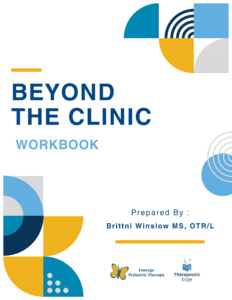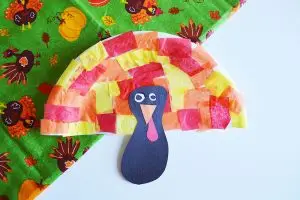
Playdates benefit ALL children for practicing critical social skills on which future relationships will be built. The benefits of playdates include increasing confidence; improving social decision making; and practicing skills in an adult-supervised yet natural setting. Playing together allows kids to be a part of the action BUT many kids prefer to play in a parallel way. This means playing something in the same area with other children but not directly interacting. We need to understand that every child plays in a different way and that’s ok. But what about kids who want to learn HOW to play differently?
Play typically develops in a natural progression from individual play to interactive/social reciprocal play. Many parents set up playdates to encourage the building of critical skills and friendships. The most important lesson learned from playing with a variety of children is that EVERY child is different and special! Throughout life, we meet and interact with people of all shapes, sizes, and abilities, and learning from each other can truly enhance our life. Did you know that many kids we work with prefer to line toys up or to sort them by size, shape, or color? We can use this cool skill in everyday life. For example, sorting and pairing socks and matching pot lids with their same-size bottoms will help with chores! I’m sure we could all learn something cool from watching any child play in his/her own way.
 Here are some ‘Out of the Pocket’ tips for building social skills.
Here are some ‘Out of the Pocket’ tips for building social skills.


